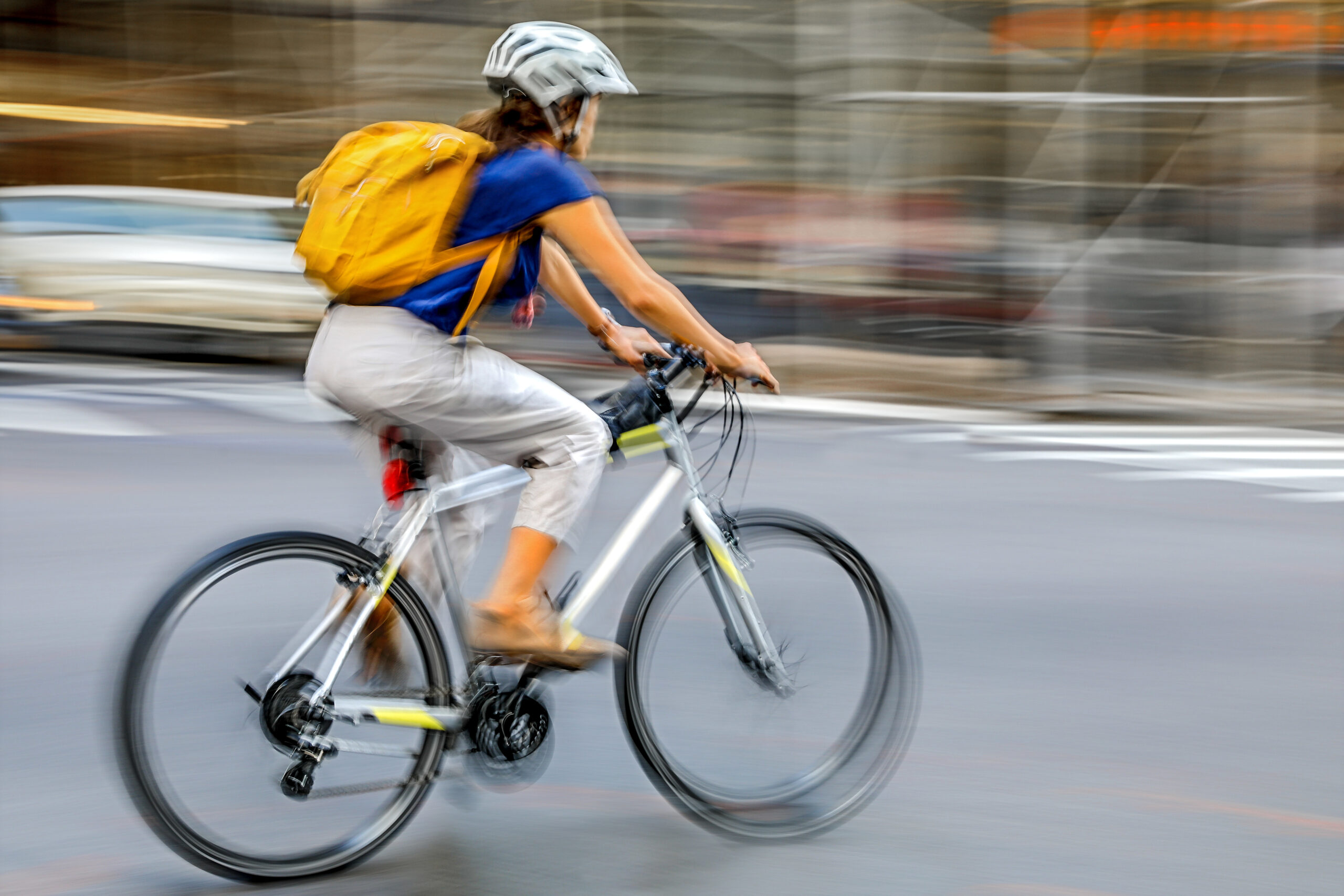Understanding Florida’s Bicycle Laws: Protecting Cyclists in Orlando

Cycling is a popular and eco-friendly mode of transportation in Orlando, offering a fantastic way to enjoy the city’s beautiful scenery and sunny weather. However, to ensure the safety of cyclists and others on the road, it’s crucial to be well-informed about Florida’s bicycle laws to prevent bicycle accidents. In this blog post, we’ll provide an in-depth understanding of the legal framework designed to protect cyclists in Orlando, helping both riders and motorists navigate the roads responsibly.
Florida’s Bicycle Laws: A Safety Roadmap
Safety Equipment
- Helmets: While not mandatory for all cyclists, helmets are highly recommended, especially for riders under 16 years of age.
- Lights and Reflectors: Cyclists riding between sunset and sunrise are required to equip their bikes with front and rear lights, as well as reflectors.
Traffic Rules
- Stop Signs and Signals: Cyclists must obey all traffic control devices, including stop signs and traffic signals.
- Yielding: Cyclists should yield the right of way to pedestrians in crosswalks and at intersections, just like motor vehicles.
Road Position
- Cyclists should ride as close to the right-hand curb or edge of the road as possible, with certain exceptions.
- When traveling at the same speed as other traffic, cyclists can occupy a full lane.
Sidewalk Riding
Riding on sidewalks is generally permitted, except where local ordinances prohibit it.
When using a sidewalk, cyclists must yield the right of way to pedestrians and give an audible signal before overtaking them.
Passing Other Vehicles
Cyclists may overtake and pass other vehicles on the left, provided it is safe to do so and doesn’t violate other traffic rules.
DUI Laws
Cyclists are subject to Florida’s DUI laws, meaning it’s illegal to operate a bicycle while under the influence of drugs or alcohol.
Bicycle Lanes
When a designated bicycle lane is present, cyclists must use it if they are traveling at a speed less than the normal speed of traffic.
No More Than Two Abreast
Cyclists riding two abreast are allowed, but they must not impede the normal flow of traffic.
Passing Parked Vehicles
Cyclists must exercise caution when passing parked vehicles to avoid collision with an opening car door.
Bicycle Registration
Florida does not require bicycle registration.
Hands-Free Riding
Cyclists must keep at least one hand on the handlebars while riding.
Bicycle-Specific Traffic Signals
Cyclists must obey bicycle-specific traffic signals when present.
The Importance of Compliance
Understanding and complying with Florida’s bicycle laws is vital for the safety of both cyclists and motorists. Failure to adhere to these laws can lead to accidents, injuries, and legal consequences.
For cyclists, it’s essential to prioritize safety by wearing helmets, using lights and reflectors, and following traffic rules. Motorists, on the other hand, should remain vigilant and share the road responsibly with cyclists. By adhering to the laws, we can collectively create a safer environment for all road users in Orlando.
Conclusion
Florida’s bicycle laws are in place to protect the safety and well-being of cyclists in Orlando. By familiarizing yourself with these laws and adhering to them, you can enjoy the many benefits of cycling while reducing the risk of accidents and injuries. Whether you’re a cyclist or a motorist, understanding and respecting these laws is a shared responsibility that contributes to safer and more enjoyable road experiences for everyone. If you are, however, involved in an accident, reach out to an experienced bicycle accident lawyer.

 Call Us Today - It's Free
Call Us Today - It's Free